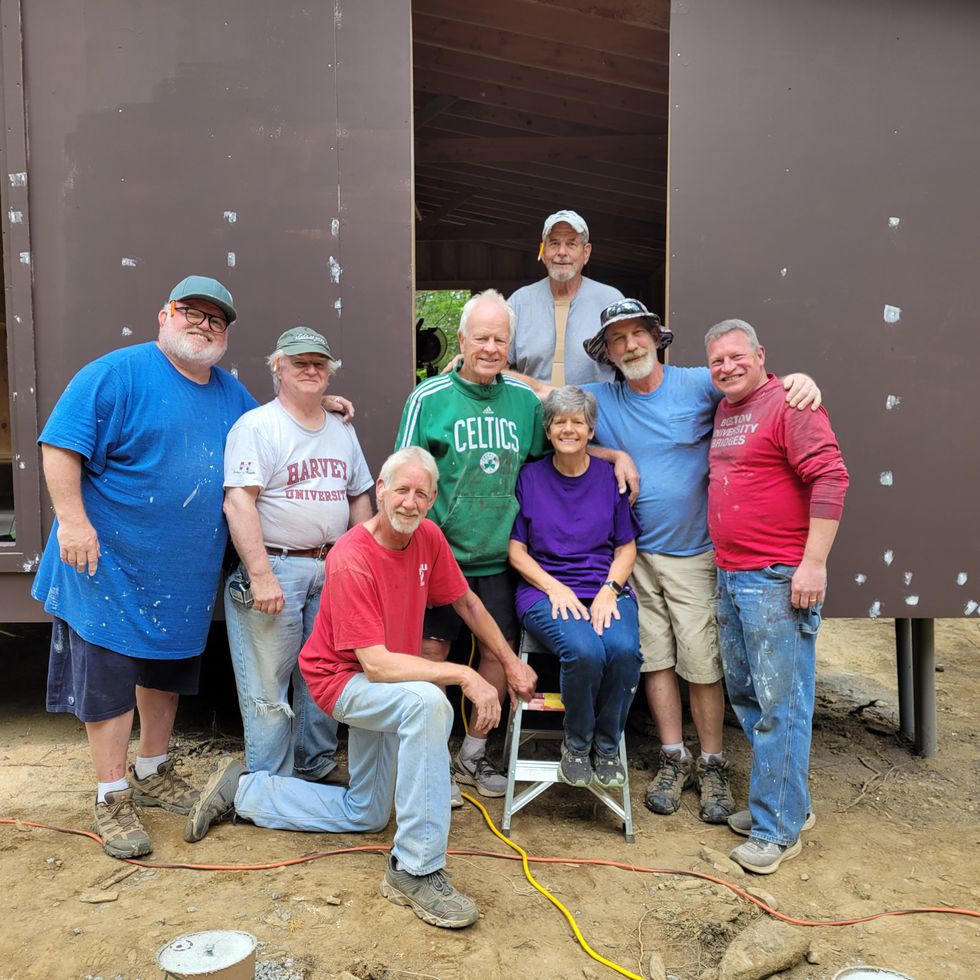Major expansion of Camp Isola Bella underway

Jeff Bravin, executive director of the American School for the Deaf, far right, posed with alumni of historic Camp Isola Bella on East Twin Lake in Salisbury on Thursday, May 26. The historic camp is undergoing a $700,000 expansion and renovation with alumni volunteering sunrise to sunset to get ready for campers on June 25.
Photo by Debra A. Aleksinas












 Anthony Foley, rising senior at Housatonic Valley Regional High School, went 1-for-3 at bat for the Bears June 26.Photo by Riley Klein
Anthony Foley, rising senior at Housatonic Valley Regional High School, went 1-for-3 at bat for the Bears June 26.Photo by Riley Klein 
 Uncommon books at the intersection of art and literature.Richard Kraft
Uncommon books at the intersection of art and literature.Richard Kraft



